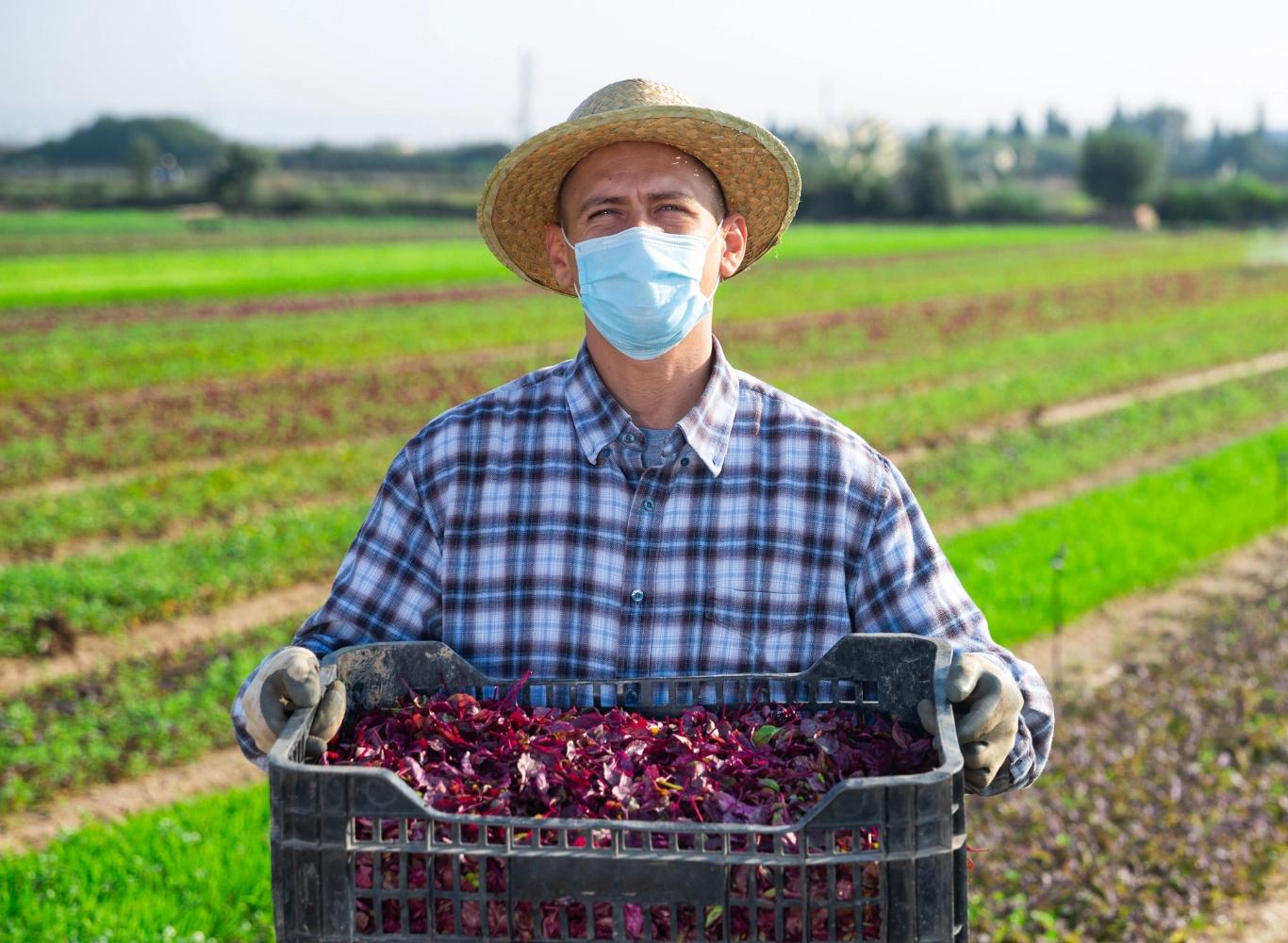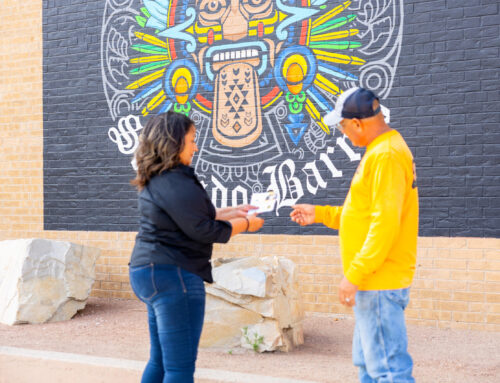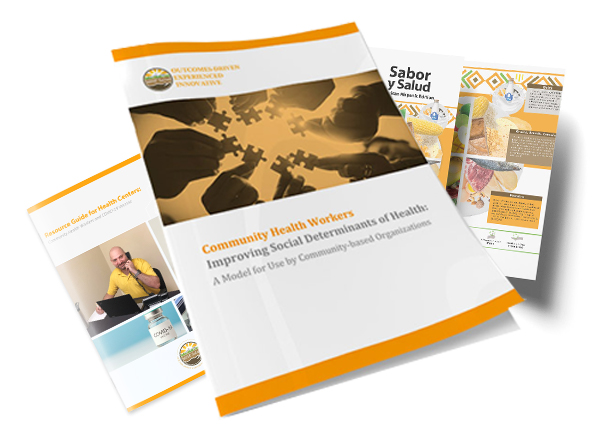What Does Mental Health Look Like for MSAWs?
• There is an estimated 4 to 4.5 million agricultural workers in the United States.
• Evidence shows that there are health disparities in the use of health services by MSAWs.
Mental health encompasses emotional, psychological and social well-being. It affects our ability to make decisions, build relationships, and contribute to our community. It is an important component of everyone’s well-being and should be taken seriously by us and the communities we form part of. Mental health is an important topic to share and discuss, especially in communities that may have additional barriers to care such as Migrant and Seasonal Agricultural Workers (MSAWs).
- There is an estimated 4 to 4.5 million agricultural workers in the United States.
- Evidence shows that there are health disparities in the use of health services by MSAWs.
MSAWs may work in various settings such as farm fields, canneries, orchards and more. They move often to follow their work in agriculture in order to provide for their families. They may also be leaving families behind for an extended period of time. MSAWs have a unique lifestyle that can leave them vulnerable to poor mental health. They are at an increased risk for mental health concerns due to their working conditions, lack of access to mental health care, and many other barriers. These may include a language barrier, health literacy, availability to culturally appropriate care, and the stigma that surrounds mental health concerns.
In 2020-2021, MHP Salud surveyed Migrant Health Centers (MHCs) to better understand the mental health needs of MSAWs. The most commonly reported concerns were depression, generalized anxiety disorder, and substance abuse. Additionally, these concerns varied by different groups. For example, these mental health concerns were most commonly reported to be experienced by women at 89.2%, men at 63.5%, adolescents at 48.6%, and older adults at 33.8%. We can see the big difference in these numbers among men, women, adolescents, and older adults and wonder about the effect of mental health stigma, among other barriers.
Mental health stigma often includes misconceptions such as inaccurate stereotypes of what mental health issues can look like. It can attach labels to certain diagnosis and discourage community members to report any mental health concerns. MSAWs are no strangers to this stigma. This can affect how receptive they are to discussions about mental health.
Some of the aforementioned barriers such as social isolation also poses a significant concern. Social isolation can be a stressor for many MSAWs and can affect their mental health. This stressor can be more prominent as the holiday season approaches. MSAWs often have to move around and follow the agricultural work. This can make holiday traditions and family time difficult to prioritize and implement.
It can be difficult for those who are unfamiliar with MSAW communities to understand the many factors that can affect the mental well-being of MSAWs. It is easy to dismiss the stigma as a lack of understanding, however, it can go deeper than that. A culturally appropriate approach is necessary to understand the many challenges MSAWs experience. It is crucial to understand the communities’ perspective to appropriately provide care and education on topics beyond physiological care. Mental health and well-being are necessary and should be approached as such.
Community Health Workers (CHWs) can contribute to the necessary culturally appropriate approach to the mental health concerns of MSAW communities. CHWs can help address cultural and language barriers as well as helping MSAWs navigate the mental health services available. Whether it is through referrals, translation services, and/or providing culturally and linguistically specific resources, CHWs are essential to addressing mental health concerns in their communities.
CHWs can form and be part of the bridge between MSAW communities and health and social services. They conduct a variety of roles to address the barriers to mental health for MSAW communities. CHWs are essential in delivering health education in a culturally appropriate way. They help individuals and communities become their best advocate and increase their overall resiliency. Health centers can use CHWs to reach those communities that are vulnerable and at times, hard to reach. CHWs are trusted members of the community and are essential to their mental health and overall well-being.
This resource is supported by the Health Resources and Services Administration (HRSA) of the U.S. Department of Health and Human Services (HHS) as part of an award totaling $678,959.00 with 0% financed with non-governmental sources. The contents are those of the author(s) and do not necessarily represent the official views of, nor an endorsement, by HRSA, HHS, or the U.S. Government. For more information, please visit HRSA.gov.





